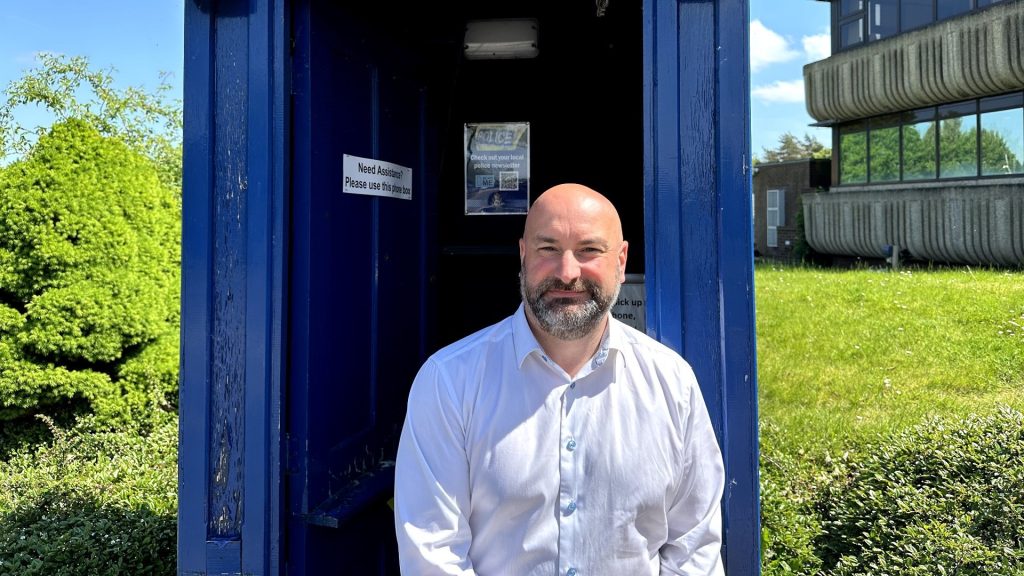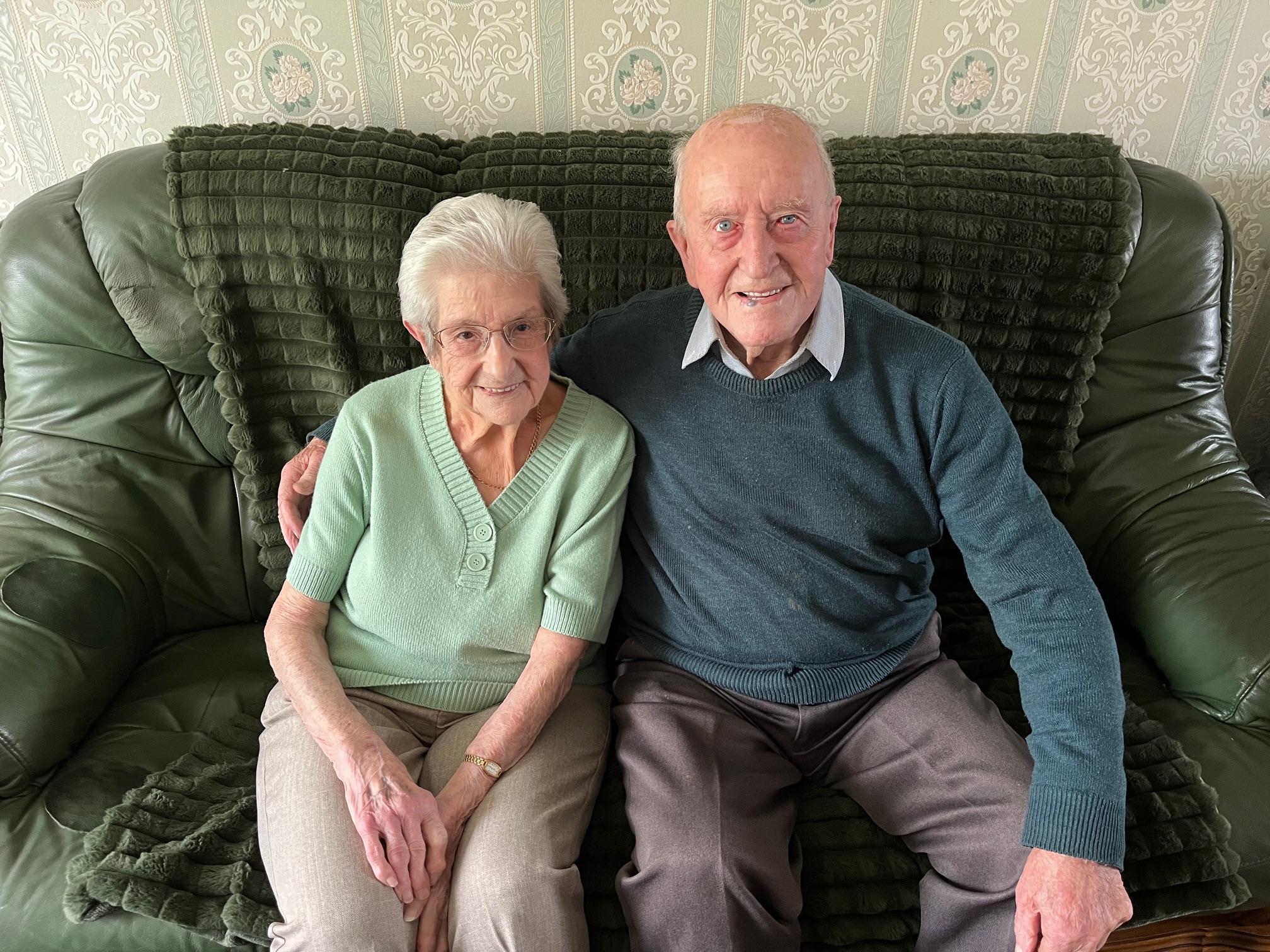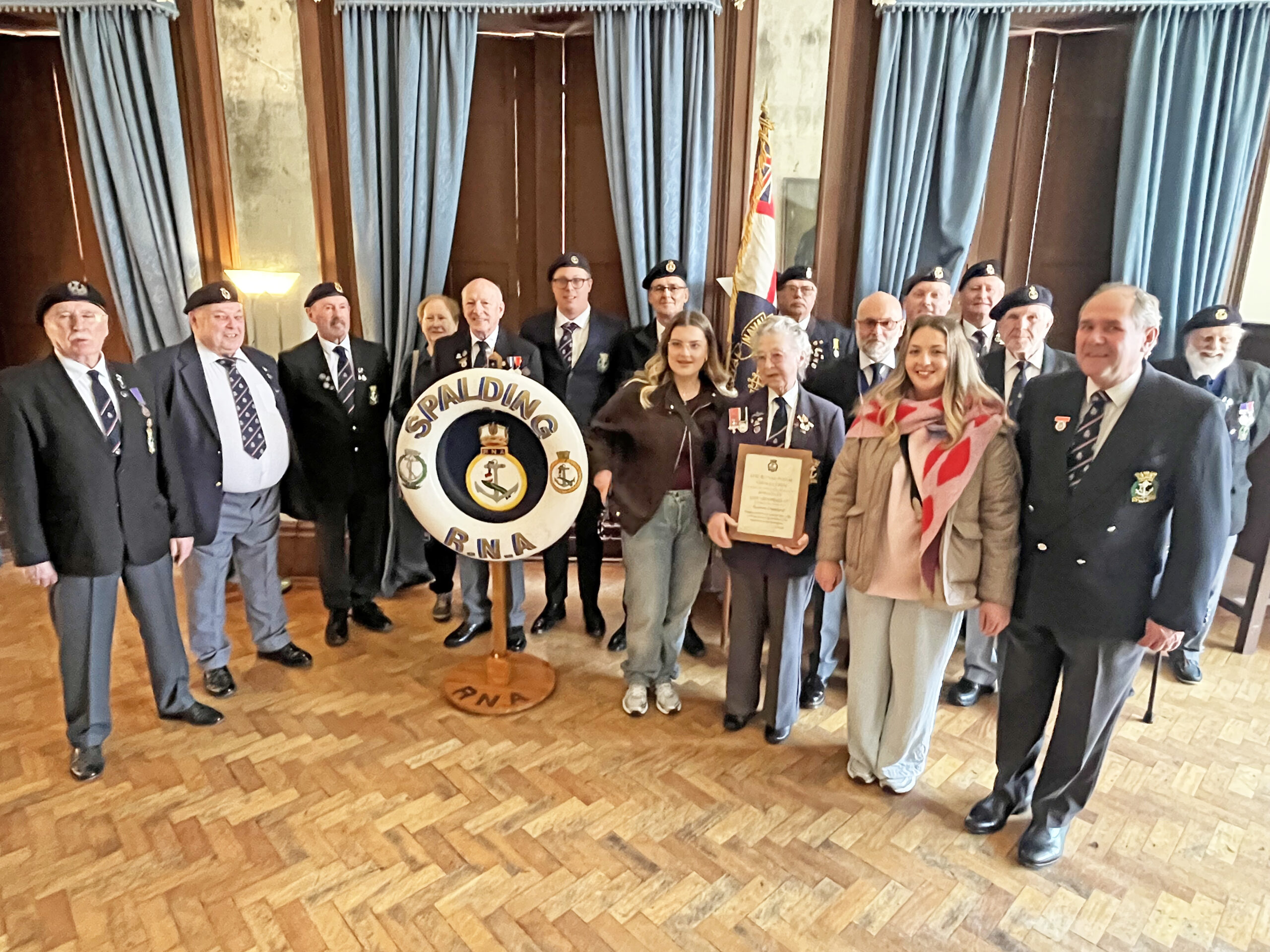As the lowest-funded police force in the country, Lincolnshire consistently campaigns for more money, and the Police and Crime Commissioner says “it’s not just about Lincolnshire, it’s about fairness.”
Conservative PCC commissioner Marc Jones, has started his third term in office, and said Lincolnshire is about £25 million a year shy of “similar forces” and their budgets.
He hopes to do something about the funding gap, and says he is “absolutely committed” to keeping Lincolnshire as safe as possible.
Mr Jones’ task will not be easy, as the figures show Lincolnshire’s funding position has been consistently the lowest-funded force per capita in the country.
The force’s budget has grown £66 million from the “verge of bankruptcy” since Mr Jones took office, but he feels there is still a gap of £50 million by comparison with major catchment areas in the country, and £25 million for more comparatively similar forces to Lincolnshire.
“Firstly, I don’t mind if we’re the lowest funded, so long as we are funded enough,” he said. “At the moment we haven’t got enough, so whether we’re the lowest funded or not isn’t the main issue here.
“What we do well in Lincolnshire is making the most of what we have, it makes you very efficient. But as the costs of everything goes up.”
A new funding formula is “ready to go” he added, and he feels there is “no excuse” for it to be delayed further by the Home Office, with reform of the current model being in the last three Conservative Party manifestos.
“People in Cumbria benefit disproportionately from this formula, while people in Lincolnshire don’t. I would have literally hundreds more officers if we got the same share as somewhere like Cumbria.
“It is time for the national government to sort this out, and without exception our Lincolnshire MPs are supportive of this. Ultimately, if I have to, I will take the Home Office to court over the delays to this funding formula.”
Mr Jones earned this term in office at the recent elections and said he hopes to continue working towards building strong relationships.
“You’ll always get naysayers who don’t necessarily understand that we always had public governance and oversight over policing, with the PCC being the latest version, so educating people as to what it does for them and how it can help communities is still a big part of the job.
“It is assuring to go into a third term because it means I can build on that experience I’ve got, and with the new chief constable being appointed, it does give us a really solid base.”
Marc and the new Lincolnshire Police chief constable, Paul Gibson, will be working in tandem to ensure the county’s force “does the best it can for the community it serves.
“It’s quite a complex picture, but the chief has hit the ground running, and he’s very passionate about the area. However, it is still my job to hold him accountable for actions, and that’s what I will do.”
“Here we will always have our issues that we are working towards improving, but I think generally trust and confidence in Lincolnshire Police has maintained pretty steadfast despite some of the national challenges.
A standout point from that election was the low turnout of just 19.08 per cent of the electorate heading to the ballot box to vote. It is the second lowest turnout in Lincolnshire PCC election history.
“It is very difficult to run a campaign across 2,500 square miles, 375,000 homes, when everyone still works on the basis of putting a piece of paper through doors telling people what you’re going to do.”







